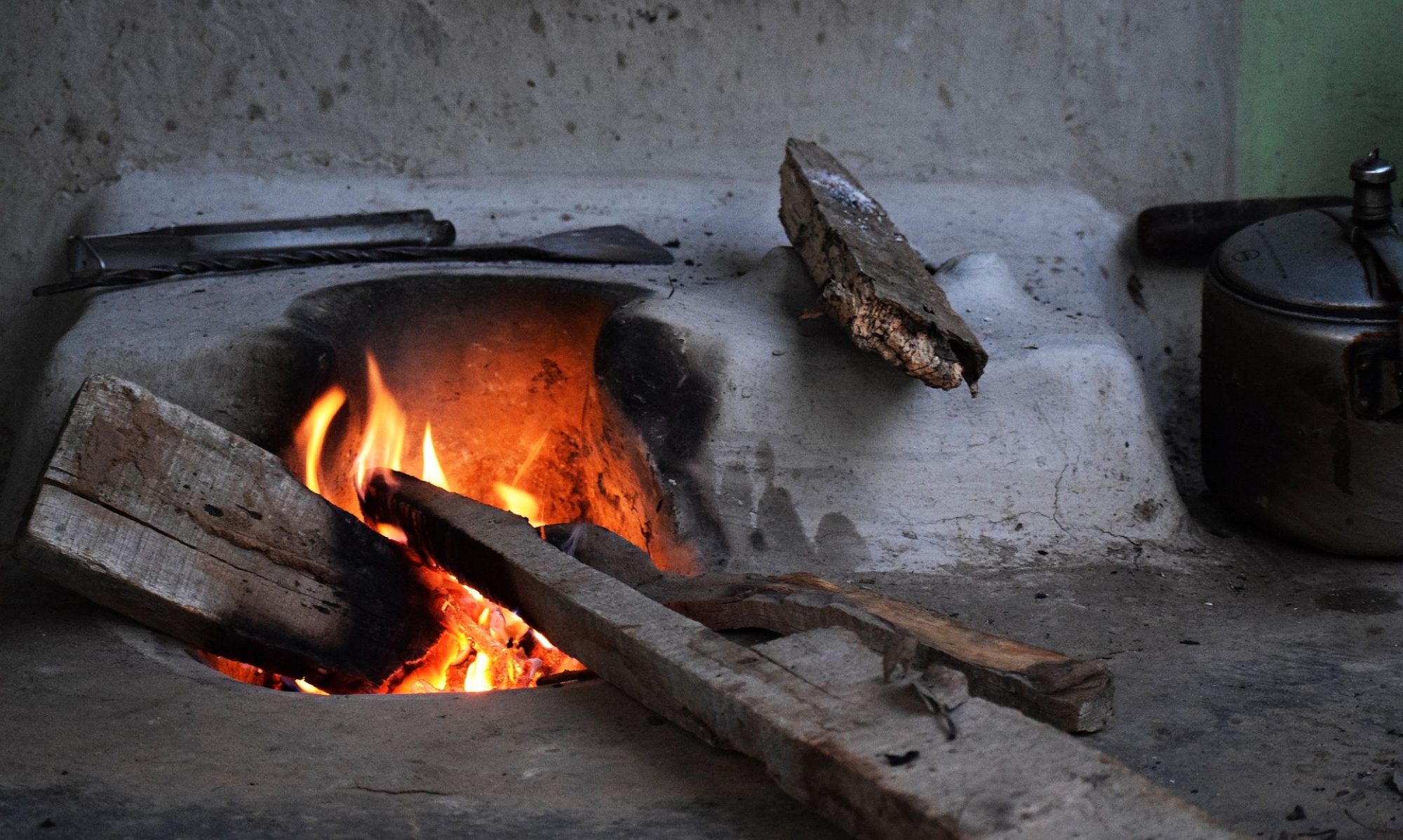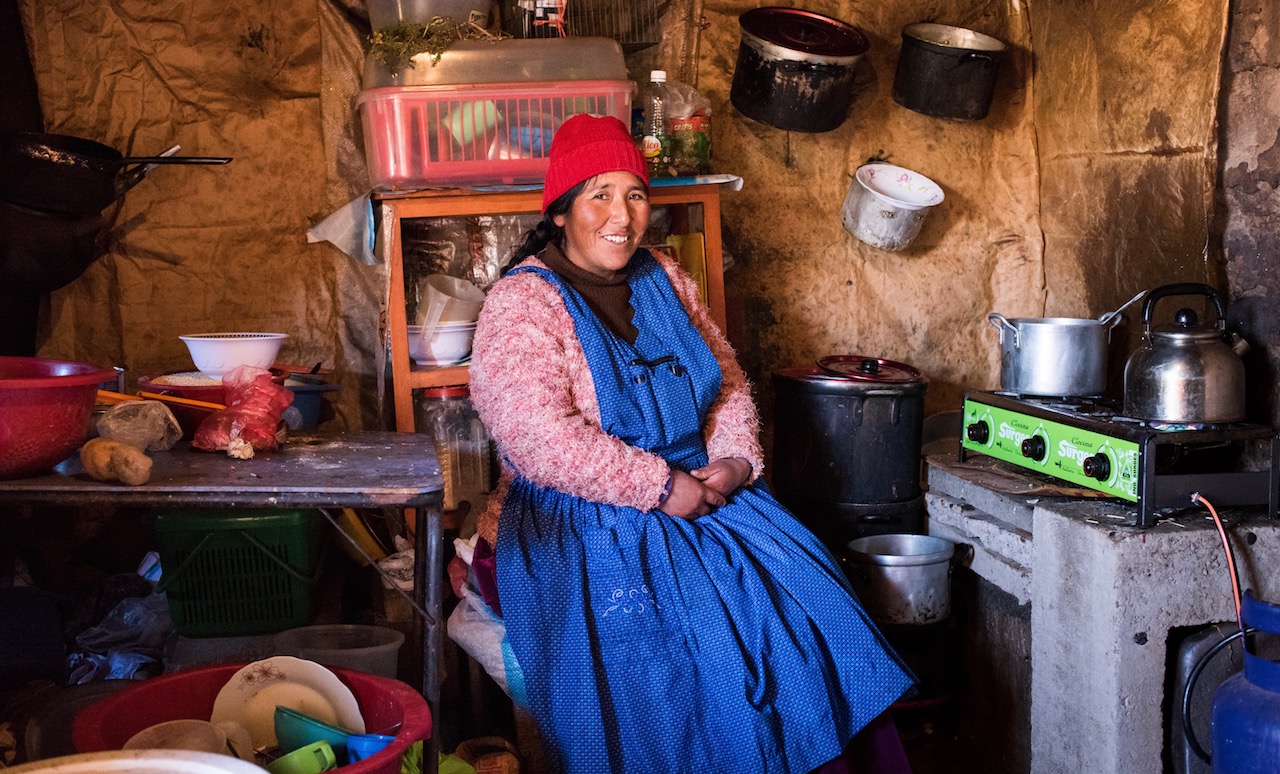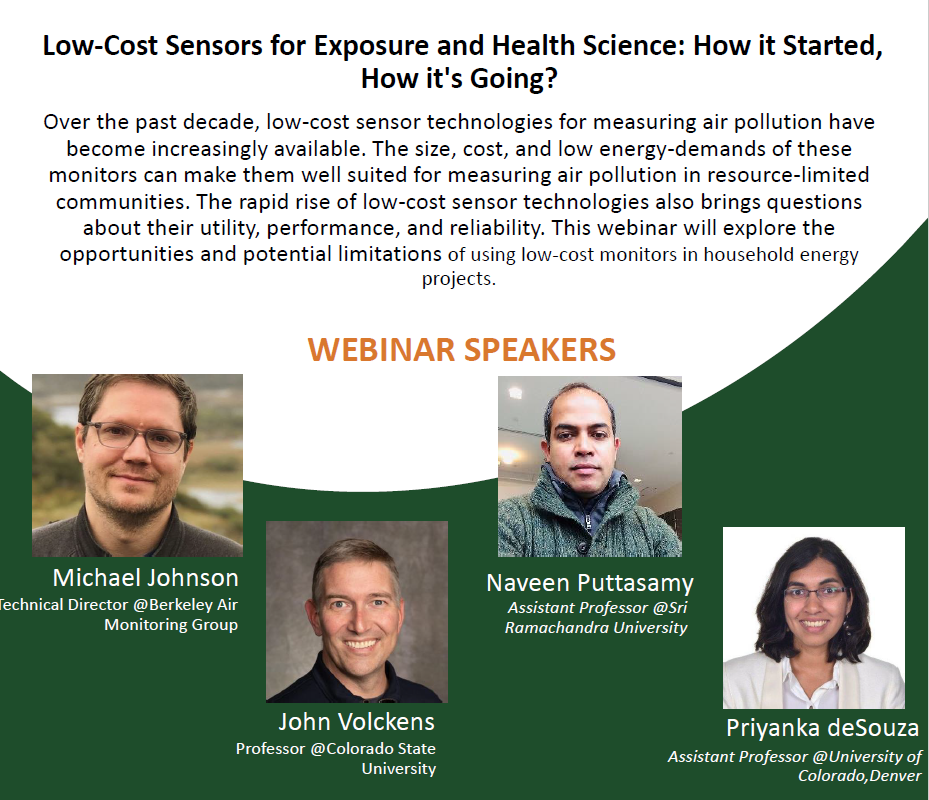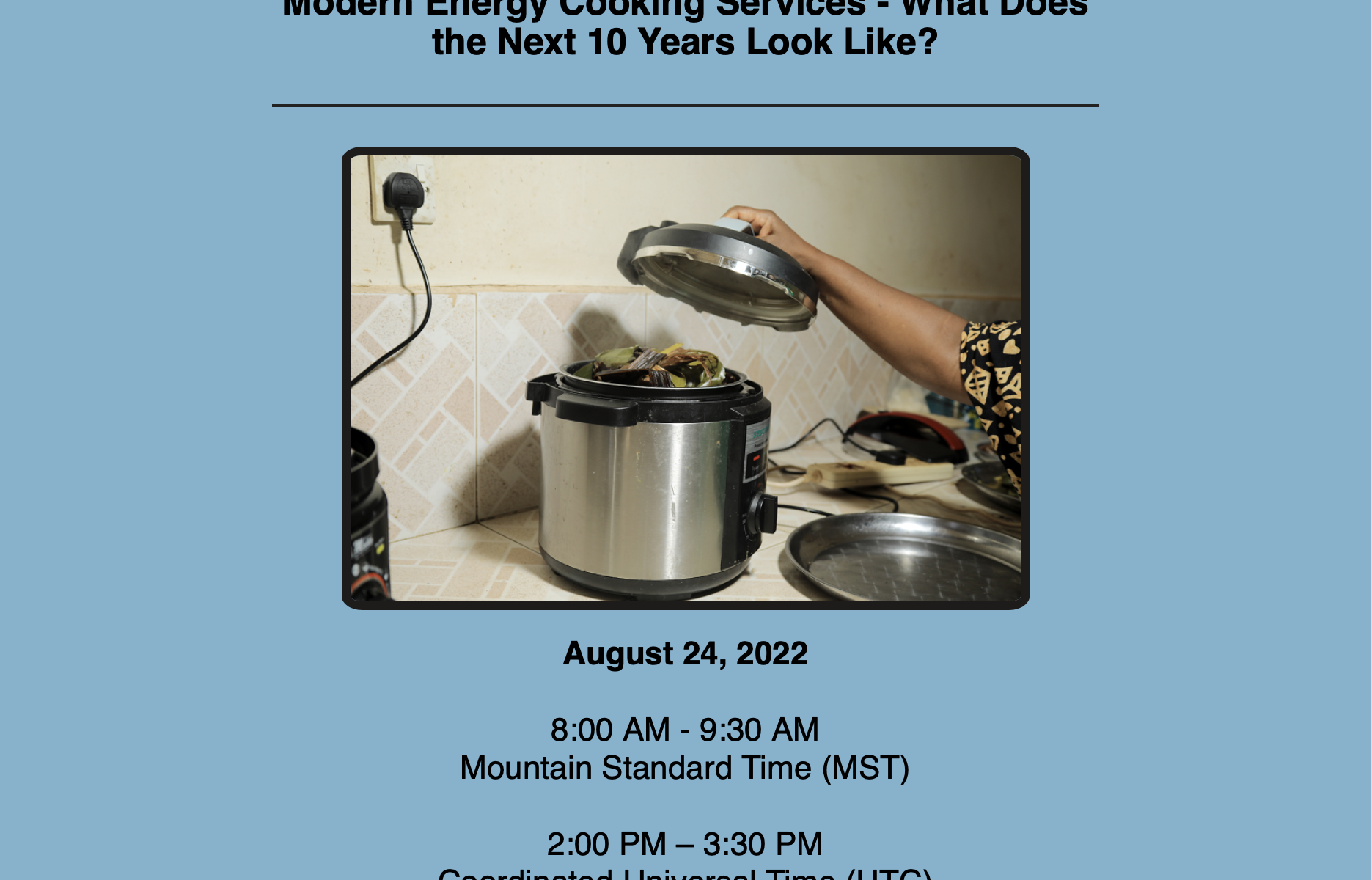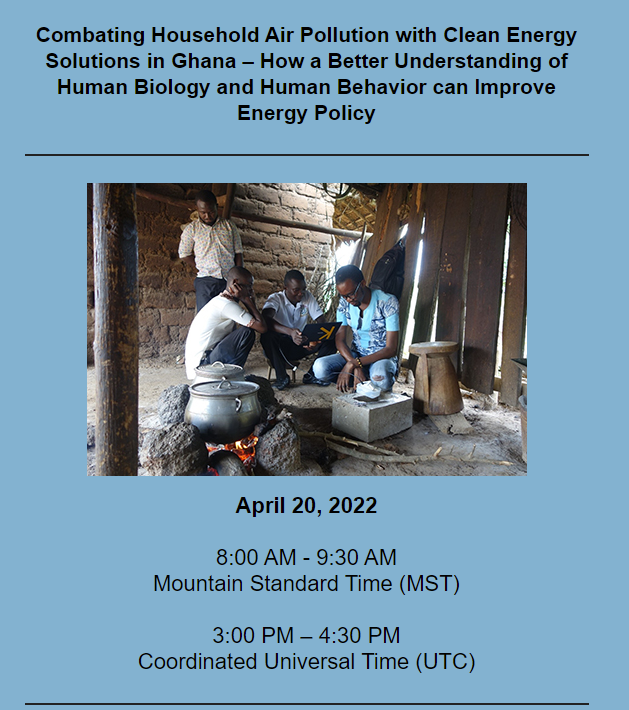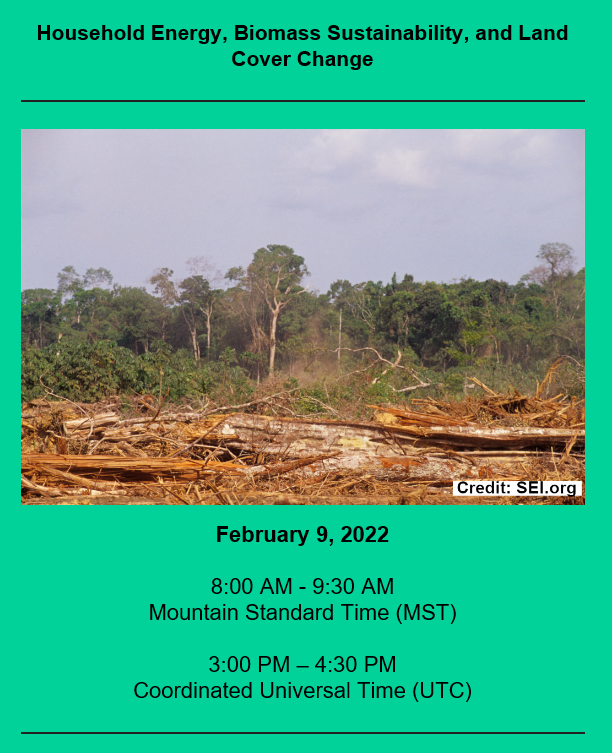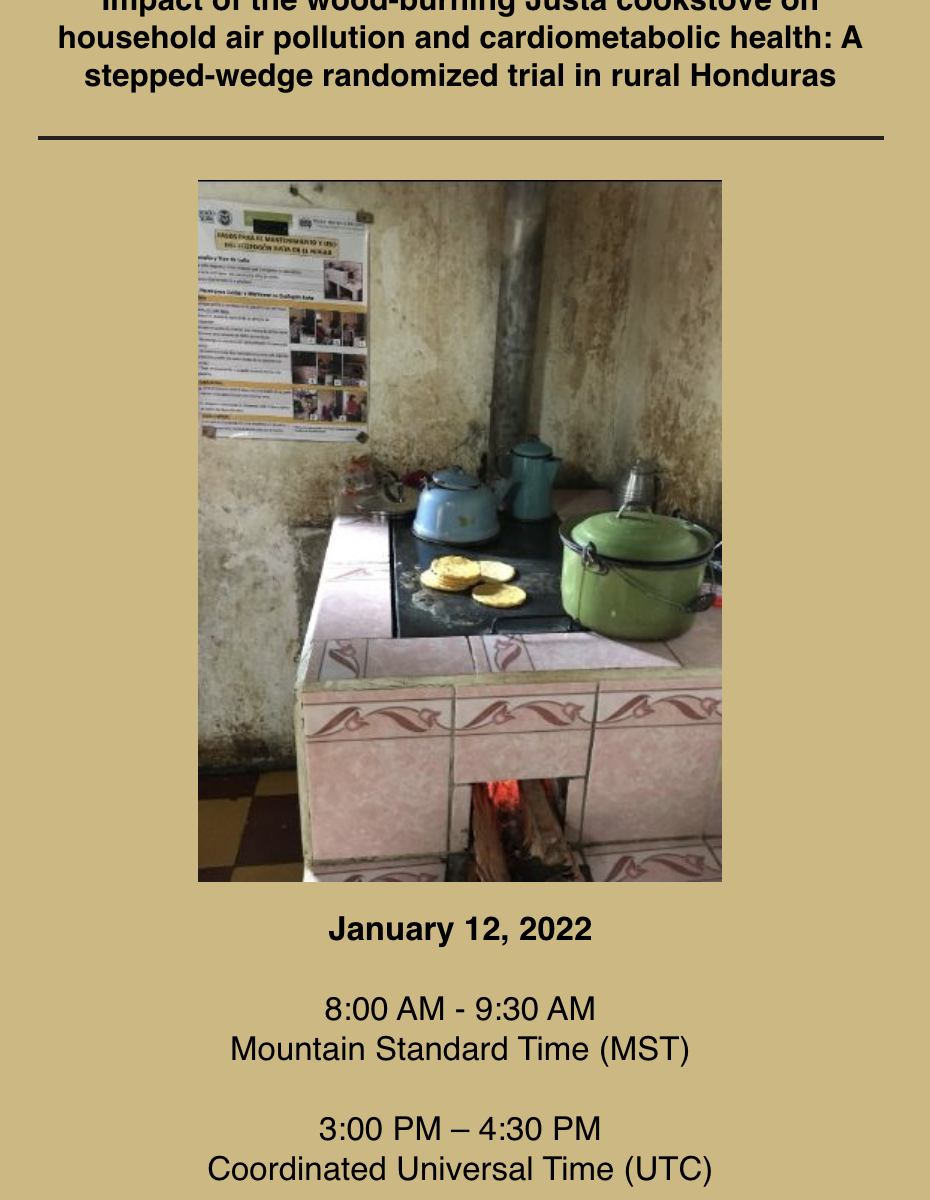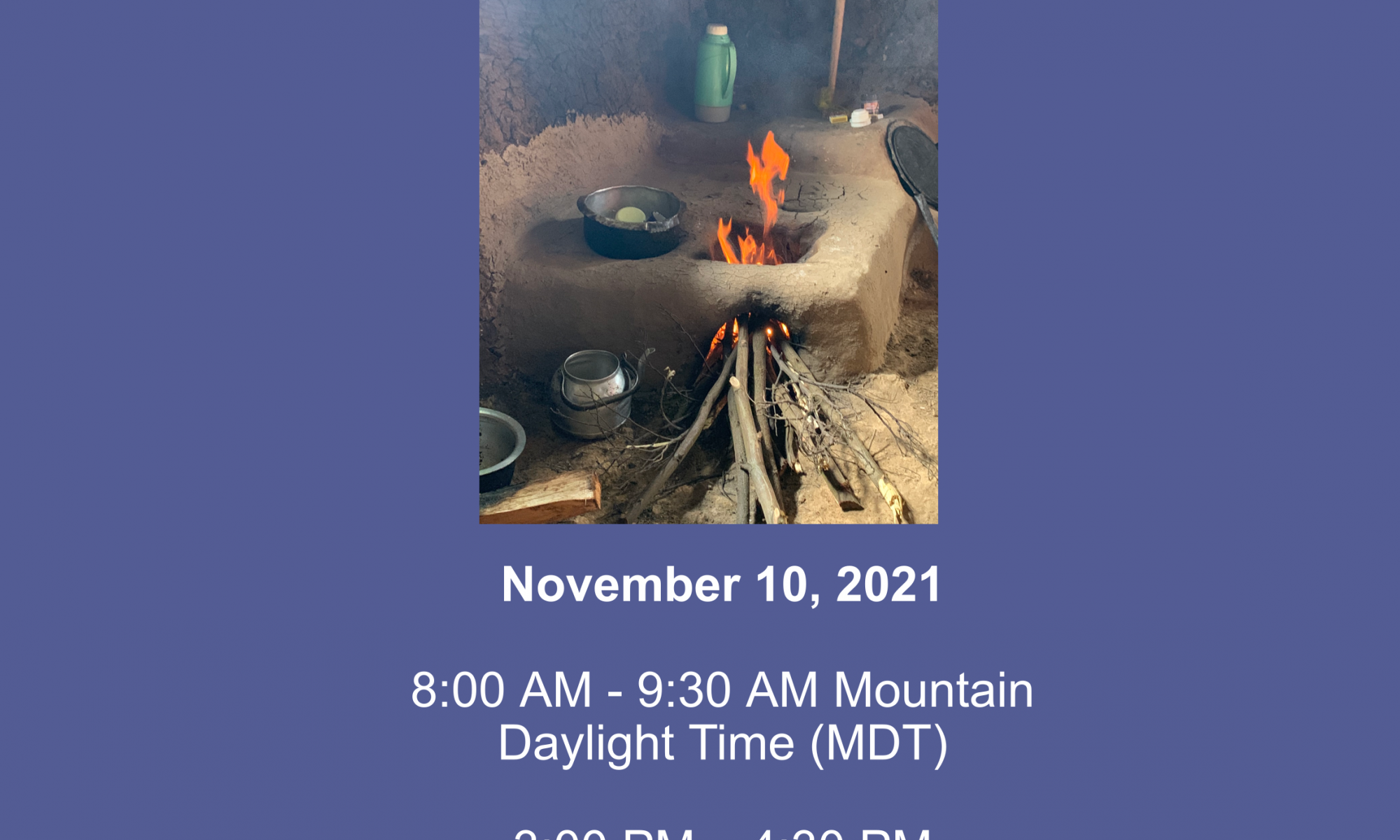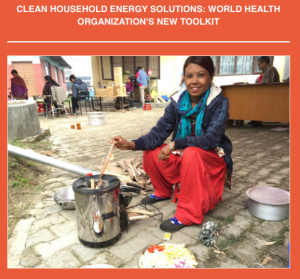Join our ASHES webinar, where early career researchers will present their insights from the Household Air Pollution Intervention Network (HAPIN) Trial. This international, multi-center study aimed to assess the impact of a liquefied petroleum gas (LPG) cooking stove and fuel intervention on health, conducted across diverse locations in Guatemala, India, Peru, and Rwanda. The HAPIN study is a multicenter, parallel-group, randomized controlled trial, focused on four primary outcomes: infant birth weight, growth stunting, severe pneumonia in infants, and systolic blood pressure in women residing in the same household as pregnant women. During the webinar, attendees will learn about study results, accompanied by a discussion on the experiences and lessons learned conducting this ambitious study.
Webinar participation is free. For the webinar, a high-speed internet connection is required. Please note that the webinar technology allows attendees to listen to audio through their computers or by phone. Additional log-in information will be provided upon registration.
Date and Time: January 17, 2024 – 3:00 p.m. – 5:00 p.m. Coordinated Universal Time (UTC)/Greenwich Mean Time (GMT), which is 8:00 a.m. – 10:00 a.m. Mountain Standard Time (MST)
